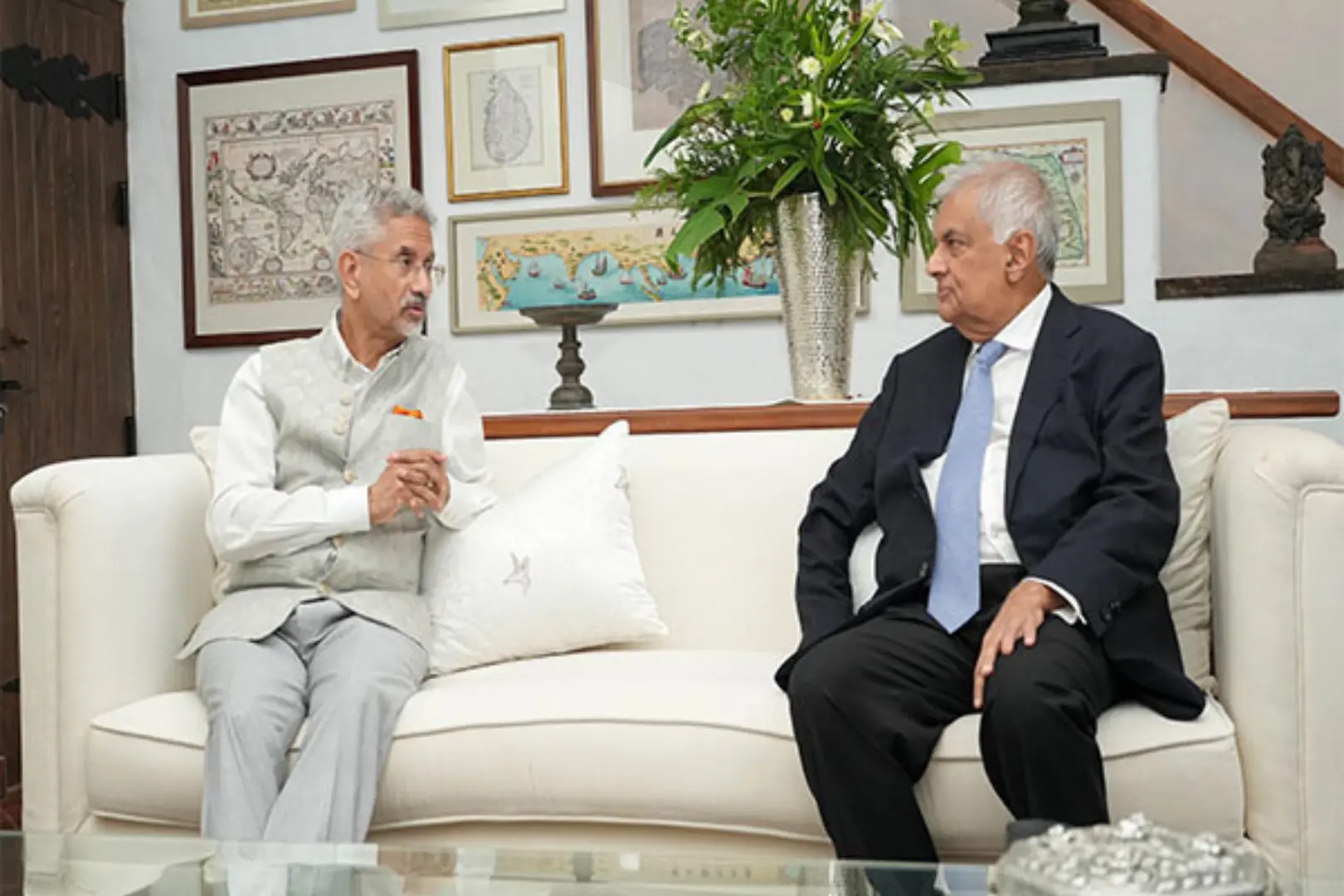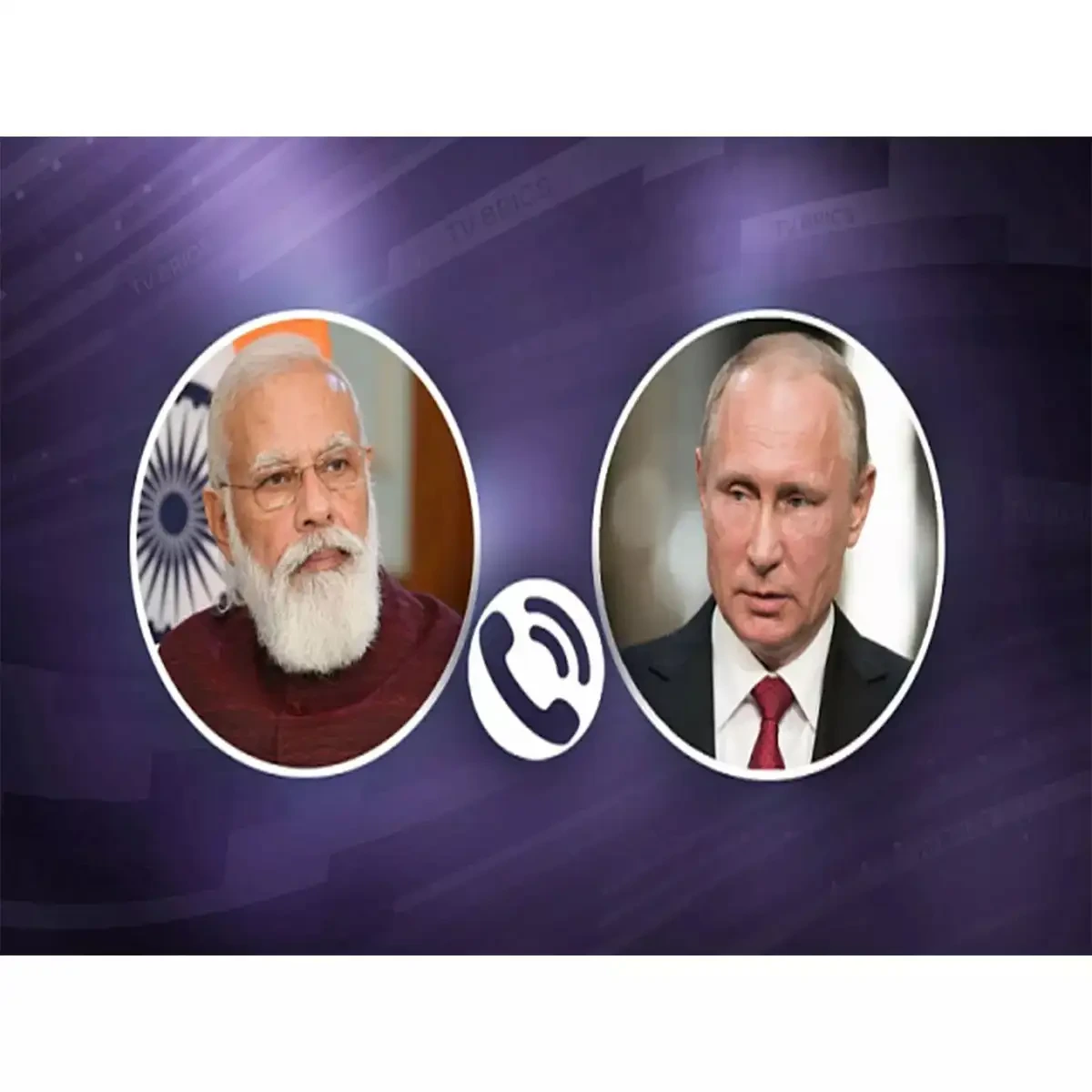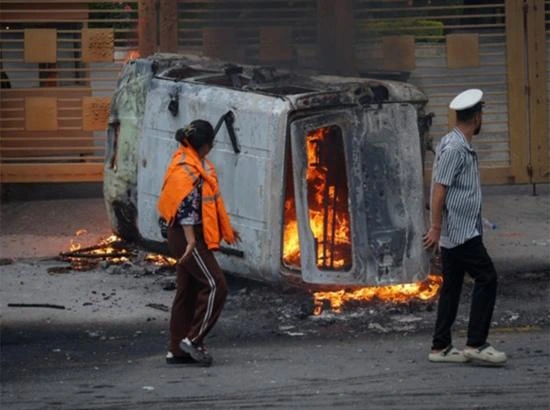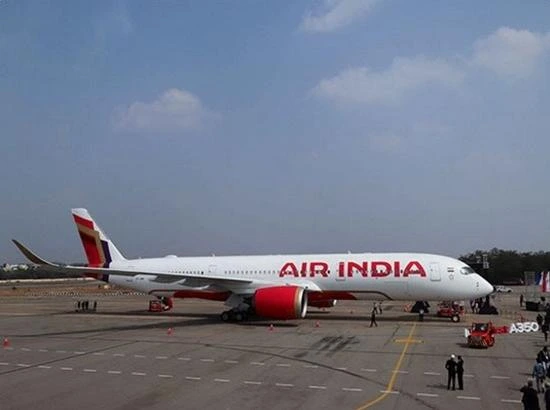05-Oct-2024, 02:00 PM
Former Sri Lankan President Ranil Wickremesinghe recently met with India’s External Affairs Minister S. Jaishankar to discuss the strengthening of bilateral ties and future cooperation between Sri Lanka and India. The meeting, which took place on October 4, 2024, in Colombo, marks a significant step in maintaining and enhancing the relationship between the two neighboring countries, especially following the recent political changes in Sri Lanka.
Key Highlights of the Meeting
Wickremesinghe expressed his pleasure at meeting Jaishankar, stating, “We discussed bilateral ties and future cooperation. I trust the new Sri Lankan government will continue building on the strong relationship we established with India.” This sentiment underscores Wickremesinghe’s commitment to fostering a collaborative spirit between the two nations, despite his recent electoral defeat to President Anura Kumara Dissanayake.Jaishankar’s visit is particularly notable as it is the first by a foreign dignitary since Dissanayake took office. During his trip, Jaishankar also met with Dissanayake and other key leaders, emphasizing India’s ongoing support for Sri Lanka’s economic recovery and development initiatives.
Focus on Economic Cooperation
The discussions between Wickremesinghe and Jaishankar revolved around various areas of mutual interest, including economic collaboration, trade, and investment opportunities. Jaishankar reassured Wickremesinghe that India remains committed to supporting Sri Lanka’s efforts in rebuilding its economy, especially in light of the financial challenges the country has faced in recent years.Wickremesinghe highlighted the importance of maintaining strong ties with India, particularly given India’s strategic role in regional stability and development. He expressed hope that under Dissanayake’s leadership, Sri Lanka would continue to engage positively with India on various fronts.
Broader Implications for India-Sri Lanka Relations
The meeting comes at a crucial time as Sri Lanka navigates its political landscape following recent elections. With India’s “Neighbourhood First” policy guiding its foreign relations, Jaishankar’s visit signifies India’s intent to strengthen its partnership with Sri Lanka across multiple sectors, including energy, infrastructure, and maritime security.Both leaders acknowledged the historical ties between their nations and emphasized the need for continued dialogue to address pressing issues such as trade imbalances and regional security concerns. Jaishankar’s assurance of ongoing support for Sri Lanka’s economic initiatives reflects India’s commitment to fostering a stable and prosperous neighborhood.
Conclusion
Ranil Wickremesinghe’s discussions with S. Jaishankar highlight a shared vision for enhancing bilateral relations between India and Sri Lanka. As both countries look towards future cooperation, these meetings serve as a foundation for deeper engagement on economic and strategic issues that benefit both nations and contribute to regional stability. The commitment displayed by both leaders promises a continued partnership that can adapt to changing political landscapes while prioritizing mutual interests.





